|
I teach writing to college students for a living and I write books for a very meager living. I once mentioned that I don't get writer's block. And I maintain that that's still the case. But I was asked to elaborate on why I think I don't get blocked up, other than just the fact that I love to write. So, here are some tactics I've used in my life to write daily and enjoy the process of writing.
1. Disconnect. When I sit down to write, I disconnect from the internet and from my phone for an allotted amount of time (usually about an hour at a time). This keeps me from playing Angry Birds or wasting time on Facebook. It's fine to waste a little time, now and then, but I try to set aside time for the business of writing. 2. Productive Space. I choose to write outside of the home. Some people can function in a home office, and that's great. I have small children and am the person who does most of the laundry, dishes, cleaning and bill paying. If I'm at home, I will concentrate on my children and my home activities. So I leave. I don't go far, and I take 5 dollars with me. I can spend five bucks at the local coffee shop and stay for two hours to write. I won't be answering questions, fixing toys or loading the dishwasher instead. Libraries are also free productive spaces that work if you are not a coffee drinker. I won't be distracted like I am at home, so writing will not have the underlying stress of constant distraction. 3. Write Imperfectly. When I sit down to write a new story I write a very sloppy play by play. It is my story, the bones of it, from start to finish, but it's ugly, without depth and has tons of errors. This is what I call a mind puke session. Gross but true. I get the grit out so I can find my story, and I don't worry whether it's any good yet. This might be one reason I don't get blocked. My story is always laid out. I can change it later, but I have direction. (See Anne Lamott and her "Bird by Bird" down draft; this is the same idea). 4. Fill in the blank. Sometimes I can't think of a description I want to use or good dialogue or the name of a character. When I hit that point, I don't obsess, I do this "_______." This means, "Eh, get back to it later." 5. Go Backward to Move Forward. When I don't feel like moving forward in the story I'm working on, I go back and edit here and there, add nice descriptions, give depth to my setting. It often triggers an engagement with the story and characters that makes me want to move forward again. 6. Write Anything. If my current project is bothering me for whatever reason, I will write a blog, a poem, a short story, whatever. I keep writing. It keeps me engaged in the practice every day and it varies it enough that I don't get worked up when this or that story or book is not working. 7. Set timelines. I set big timelines. For instance, with my newest manuscript, Al Ravien's Night, I told myself I would finish the crap draft in a month. Clean the draft the next month. Get beta readers the following, and finally an editor the next month. I got it done in a shorter time frame, actually, because I was engaged with the story, but I set a long timeline so that I'd have wiggle room. 8. Remember why you do it. Remember why you write. For me, it brings me joy. For you, it might be money or stress relief. Whatever motivates you is probably important, so keep it in mind. The stories themselves motivate me. I love to create with words. If you don't, ask yourself what does make you joyful and do that thing instead.
4 Comments
I'm a member of many online writing groups, and a very large indie publisher, so I get a barrage of writing-related questions throughout the week. Most of them are questions I like to answer: setting, dialogue, world-building, the perks of writing details in fiction, etc. I get a lot of joy from thinking about those questions. I think those are the questions of writers who are geeks. They are passionate about their story, unapologetic about wanting to make it as real and fleshed out as possible. I just love that.
After all, I am the type of person who turns off the music in her car when driving alone so that I can make up dialogue out loud. To save my children's reputation, I bob my head and pretend I'm singing. I'm not singing, if you see me. I'm talking to myself, and to my characters. Yes, I'm having a conversation in my car with people who are physically there. And I do it a lot. But my geeky actions are my own. My children might yet end up normal. Probably not, but maybe. |
AuthorH.M Jones is the author of B.R.A.G Medallion Honor and NIEA finalist book Monochrome, its prequel Fade to Blue, the Adela Darken Graphic Novellas, Al Ravien's Night, The Immortals series, and several short stories. Archives
December 2019
Categories
All
|
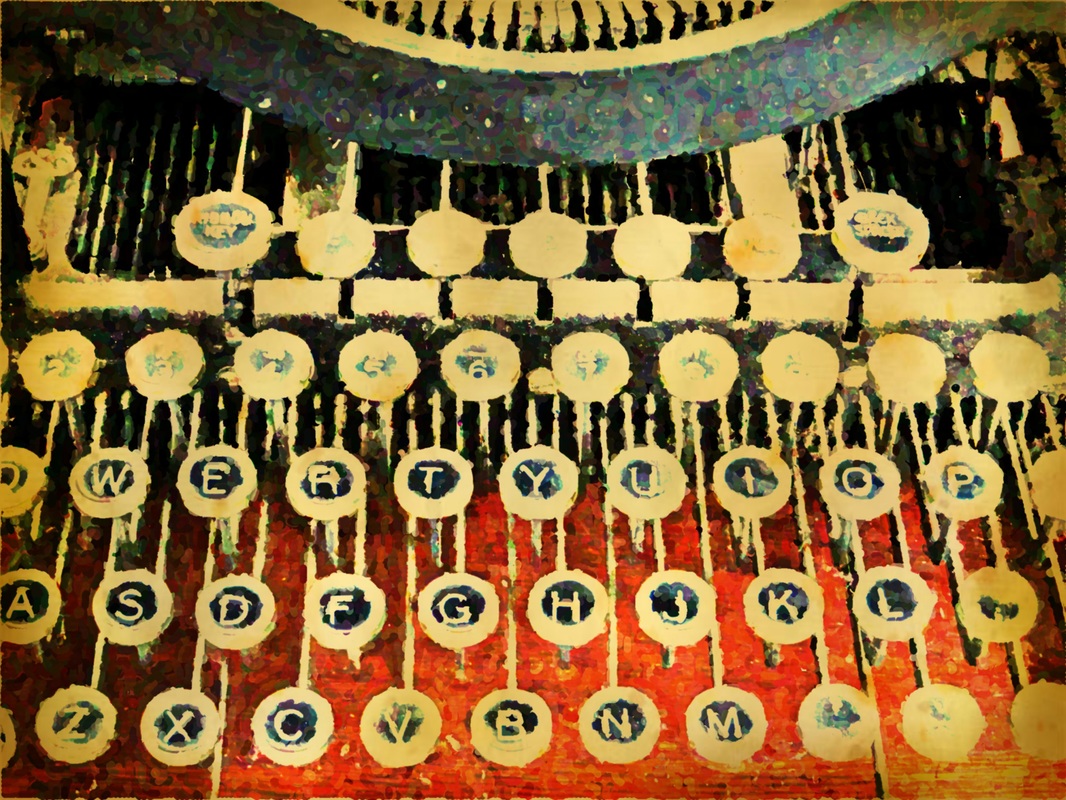
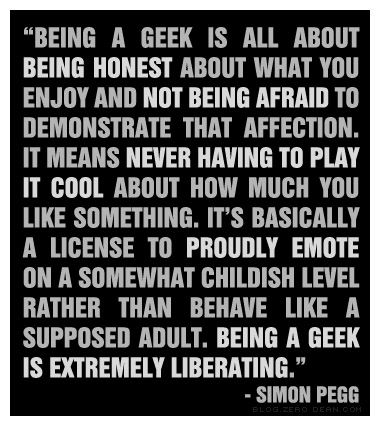
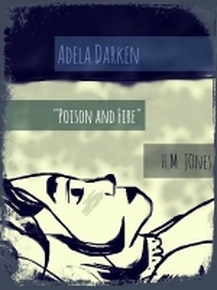
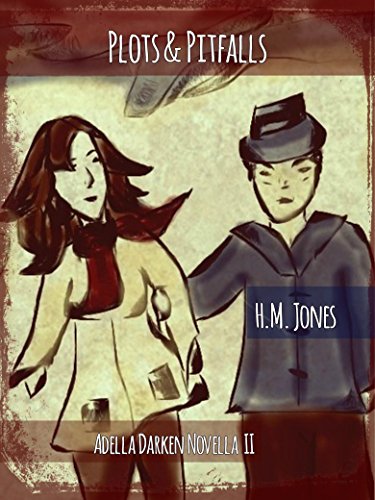
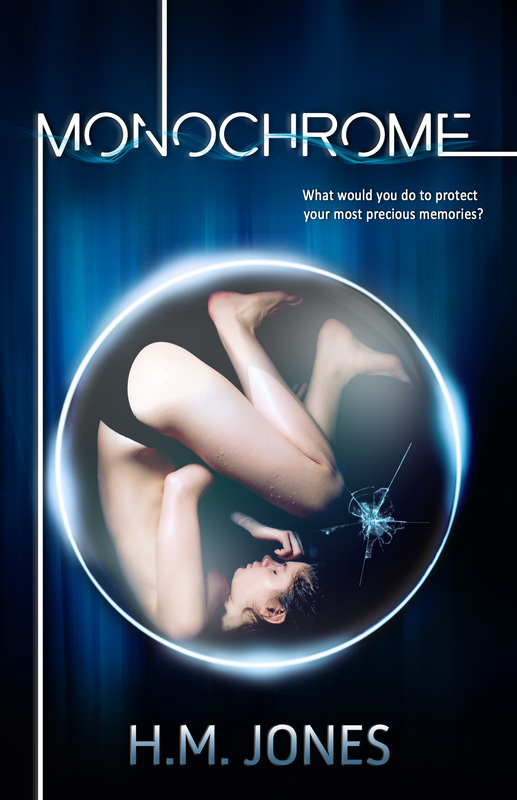
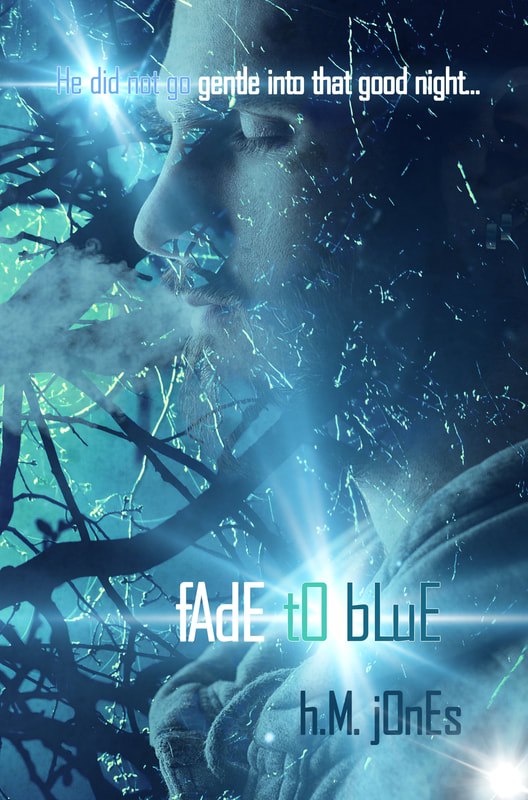
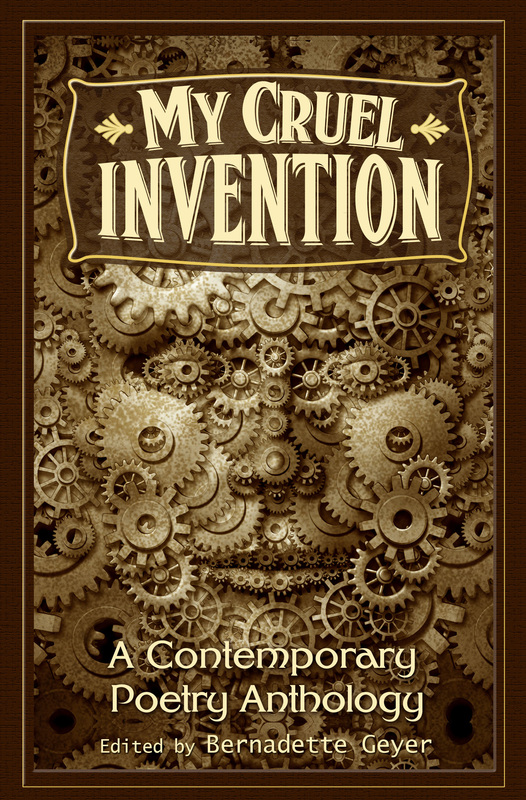
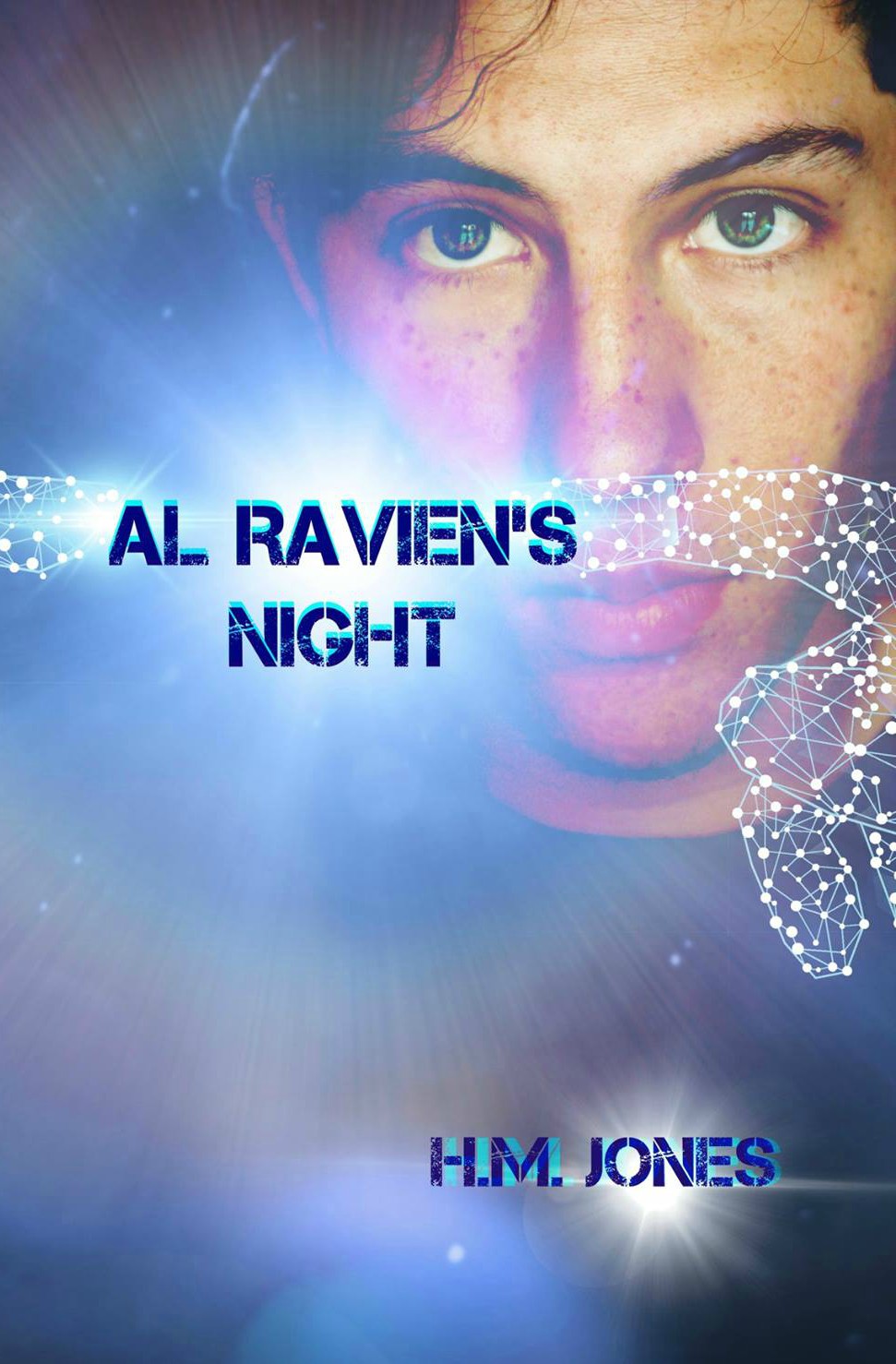
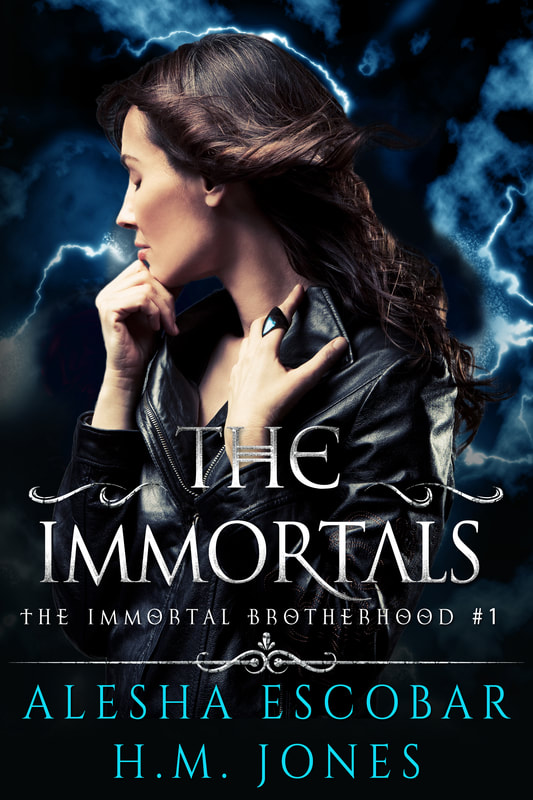
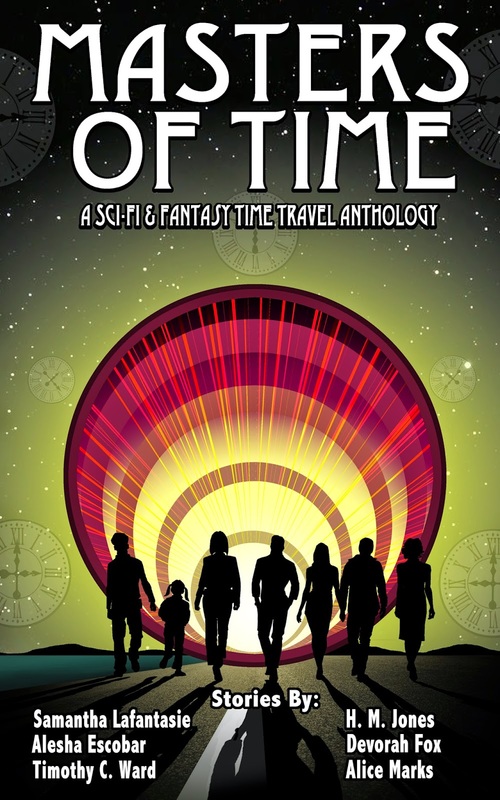
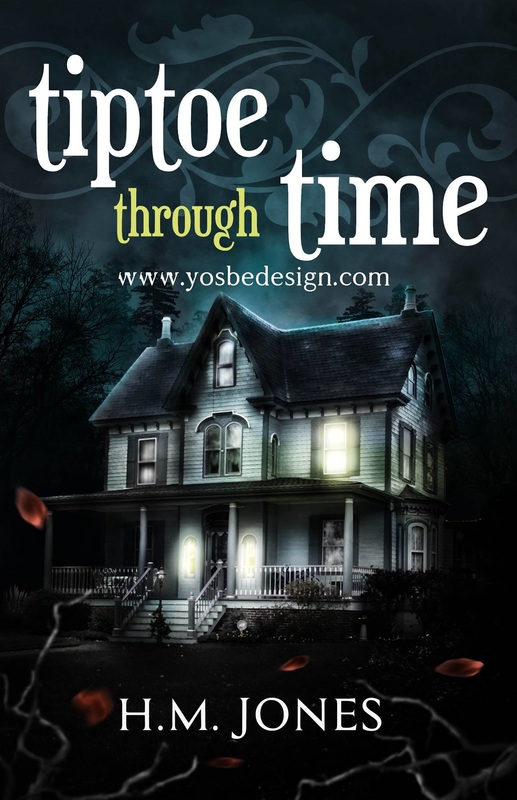
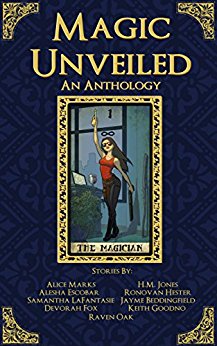
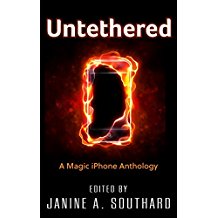
 RSS Feed
RSS Feed
